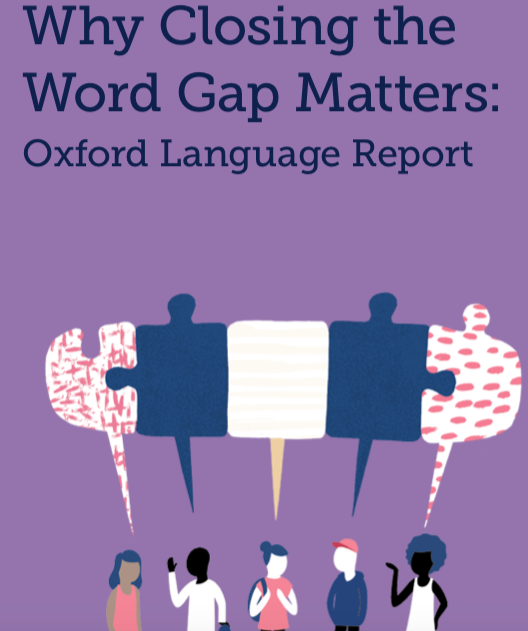As a trainer who writes concerning the significance of literacy and vocabulary – and one who works with numerous lecturers throughout the nation – I discover myself speaking repeatedly concerning the challenge of the ‘phrase hole’ in our lecture rooms.
Many times, I’m confronted with the evident examples of the issue that lots of our pupils face in class and past. This morning, the very first thing I learn was this tweet by Tom Starkey:
Like so many examples I hear from fellow lecturers, it’s punch-you-in-the-face stark. The entry to the language of faculty, so important to success in class and all that unlocks of the world, proves a figuring out issue for the kids we educate.
The aforementioned tweet was in response to this BBC article on ‘Slender vocabulary ‘hits pupils’ grades’‘. After a bit digging, this wonderful Guardian article by Richard Adams on ‘Academics in UK report ‘vocabulary deficiency’‘ reported the identical challenge.
Each articles referred to intriguing new analysis from Oxford College Press on the ‘Why Closing the Phrase Hole Issues: Oxford Language Report’. The report charts a really fascinating survey of 1300 lecturers and their views on vocabulary and language in faculties.
The analysis reveals how lecturers see vocabulary as a significant challenge for his or her pupils. In some ways, it replicates the numerous conversations I’ve had with lecturers about literacy, language and the necessary function of vocabulary in studying. The gaps, the issues, the plans, the concepts and willpower to do higher for our pupils.
The statistics compiled on trainer attitudes are stark:
The report goes onto share a wealth of experience and college examples that attend closing the vocabulary hole and associated points. The report attracts upon a number of the finest researchers on this planet, with insights from the likes of Kate Nation, from Oxford College. Her perception is sharp and to the purpose:

